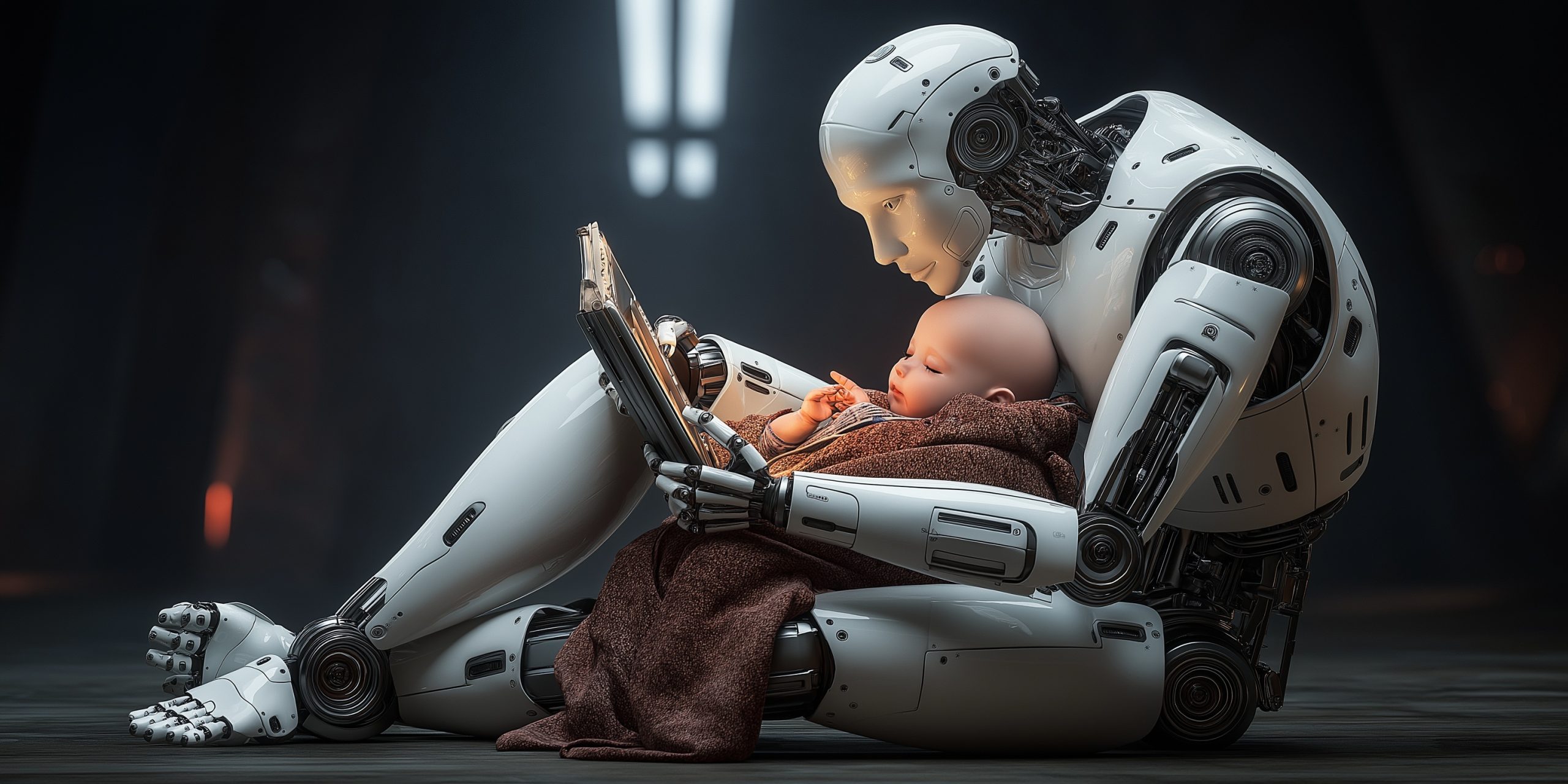By Futurist Thomas Frey
We’re entering an era where mass production and standardized experiences become competitive disadvantages. The future belongs to companies that can deliver hyper-personalization at scale—products, services, and experiences tailored precisely to individual preferences, needs, and contexts.
This isn’t just better targeting or segmentation. This is AI learning your preferences before you articulate them, predicting your needs before you’re aware of them, and customizing everything from your morning coffee order to your cancer treatment protocol to your educational curriculum in real-time based on who you are as an individual.
Hyper-personalization is becoming the dividing line between thriving companies and obsolete ones. And most businesses are dangerously unprepared for how fast this shift is happening.
Continue reading… “The Hyper-Personalization of Everything: Why One-Size-Fits-All Is Dying”












